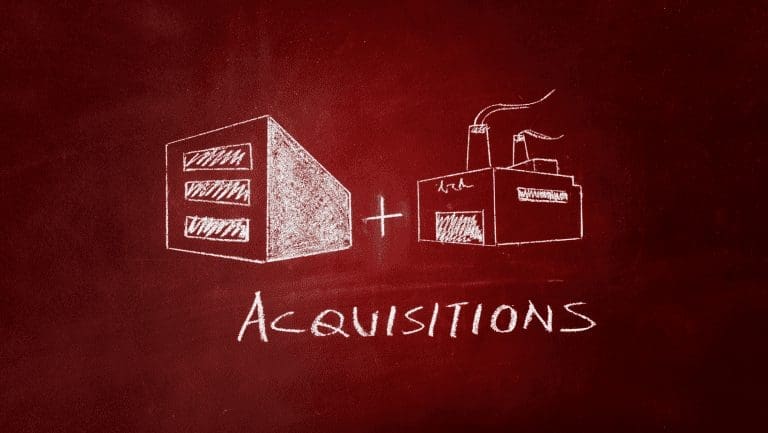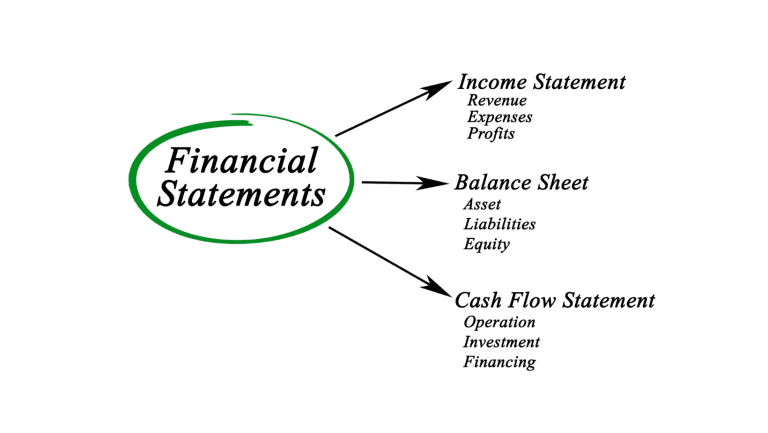Choosing a credit card that suits your needs can be a daunting task considering the number of credit cards available to South African consumers. We will equip you with steps on choosing a credit card that works best for you and highlight what to consider before making that final decision of taking out a credit card.
Consider the following steps before opening a credit card line.
1. Check your credit score
Your credit score is your most valuable asset when it comes to any form of lending in South Africa. Therefore, it is best to nurture your credit score and understand what it comprises.
Your credit score will play a crucial role in determining the kind of credit card you will qualify for. Generally, having a credit score that is above 700 out of 1000, can get you different types of credit cards including top-tier credit cards.
However, your credit score will not only help you with getting the credit card that you desire but it will also allow you to get a promotional interest rate and better rewards on your credit card.
There are many ways for you to check your credit score but most come at a fee. You can click here to check your credit score for free. Note that different credit bureaus use different yardsticks to measure your credit score.
2. Credit card type you need
The next step is to identify the type of credit card that you need. At this point, you want to narrow down the list of credit cards that are available to those that you are really interested in.
There are a number of reasons why you may want to take out a credit card. But there must also be a long-term motive on why you want to take out the type of credit card that you want to take out.
The types of credit cards that are available include but are not limited to:
- Credit cards are there to help you improve your credit when limited or damaged.
- Credit Cards that save you money on interest.
- Cards that earn you rewards.
Now that you know why you want to take out a credit card you need to choose the type of credit card that will best fit your needs for a credit card. For example, if you want a credit card that gives rewards and cashback when traveling, the best option is to get yourself a credit card that rewards for travel bookings or gives you upgrades on hotel stays such as the American Express credit line through Nedbank.
3. Ask Questions
You need to ask yourself questions with regards to the type of credit card that you want to take. The best way to do this is to make comparisons that are relevant.
What will be the Usage for the credit card?
The use case of a credit card is crucial when asking yourself a series of questions. Credit cards are used for a number of things such as buying groceries or household goods.
You need to get a credit card that is designed for your use case. This is because different cards come with different interest charges and repayment charges. Things such as rewards benefits, discounts, and insurance benefits differ per credit card.
It is essential to establish your use case so that you can enjoy your credit card. This will help you to enjoy using your credit card as you will be gaining some value back.
What is the annual interest rate?
The annual interest rate on your credit card has an effect on the amount that you will need to repay on your credit card. Knowing your credit card interest rate can help you predict how much you will repay your outstanding debt.
Normally your interest rate will be determined by your risk profile, therefore, having a good credit score can be an added advantage as it will help you get reduced rates.
What is the Grace period on the credit card?
Credit cards come with interest on used credit, however, there is always a grace period that allows credit cardholders to pay off their used credit without paying interest.
In South Africa grace period on credit is normally 58 days, however, it can go as high as 60 days.
What are the rewards?
Credit cards come with rewards for different types of purchases and credit cardholders can get up to 100% cashback on specific purchases in rewards. Note that rewards have a structure and work differently for different credit cards even within the same bank.
Familiarise yourself with the rewards program that your credit card issuer has in place to capitalise on rewards earnings on your purchases.
What are the fees?
This is probably the first question that comes to mind before taking out a credit card. Even credit card issuers make sure that consultants explain the most common fees of your chosen credit card.
Your fees can be a deal-breaker if you don’t know what you are charged and what you are being charged for. Knowing your credit card fees will help in dodging costs that are unnecessary. The highest fees on a credit card are usually for enquiries and transactions that are done at a branch, therefore, they must be avoided.
4. Apply for the credit card that has the best benefits
Credit cards come with many benefits when compared to checking accounts. Even first-tier credit cards can provide benefits that are unique and easy to get.
Compare credit cards from bank to bank and get the credit card that will give you the benefits that you deserve. Benefits can include cashback, free travel insurance, free entry to a rewards program, and more.
Conclusion
Credit cards give you financial leverage when you need it most. The best part about credit cards is that you can use them for almost any transaction. As much as your banker can help you choose a credit card, it is best that you also do your own survey that will help you get the credit card that you need.










































